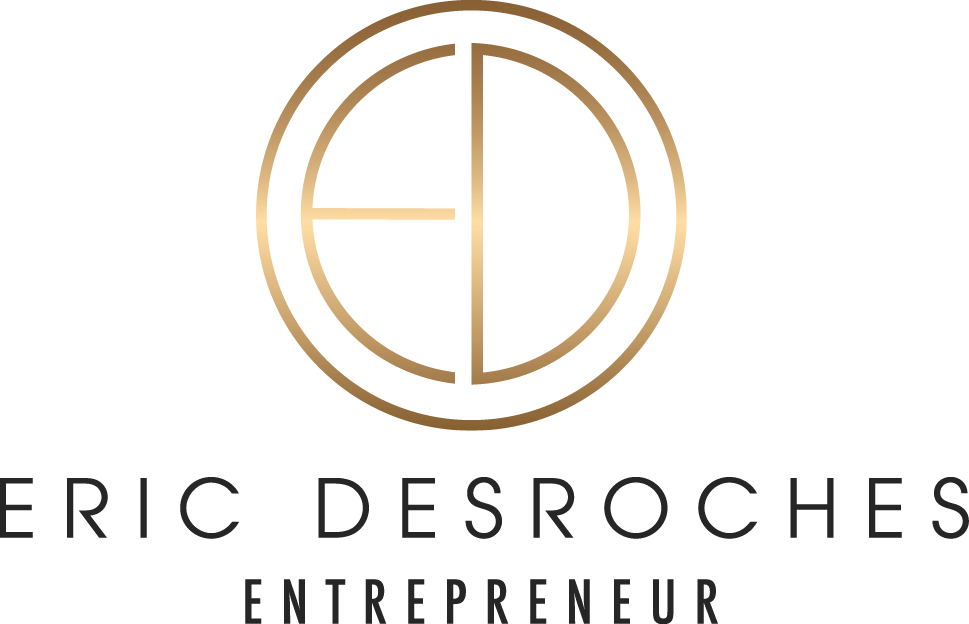
A family business
Fabelta, which stands for “Belgian manufacture of aluminum work”, was founded in 1957 by Mr. Bouillon. Initially focused on a bespoke, handcrafted product, it produced aluminum sliding and casement windows.
My parents, Sylvie and Michel, discovered the company while purchasing these products for their home renovation project. They then seized the opportunity to succeed Mr.Bouillon by acquiring the company. Less than 2 years later, they moved the shop in Terrebonne, in a small rental building on Angora Street. Already driven by a desire for innovation and development, they went on to diversify their product line by adding steel doors, which led to the acquisition of their first plant in the industrial district in the early 90s.
In this decade, the company continued to expand, first adding PVC products, then launching a line of hybrid products, and finally interior solid wood. At the dawn of the 2000s, the company offers a complete range of residential fenestration products. Built on a solid reputation and an undeniable product quality, the company became a leader
in its industry. It was also during these years that the team experienced its greatest growth, going from 3 to over 100 employees to date.
In 2015, my brother and I, who grew up with Fabelta’s expansion, solidified our commitment to the organization by becoming co-owners. Now that the company specializes in the manufacture of aluminum fenestration products, Fabelta has also begun to diversify into new markets and major projects.
Finally, in 2023, I said yes to the opportunity to buy the company outright. Having served as General Manager for the past three years, I sensed the highest potential that a new cycle of expansion could bring to Fabelta. From 1957 to the present day, it’s a story that continues with our employees, our customers and our community.
Fabelta : today and tomorrow
Company orientations and positioning
Management model :
The liberated enterprise
For me, the liberated enterprise is a living organism. It’s an organization that removes the hierarchical or pyramidal model and returns to a much more horizontal basis. It’s about giving employees the freedom to make decisions and undertake projects within the organization, within certain parameters, without me, as chairman, controlling everything.
The holacracy model
To liberate the company, we needed a tool, a model to follow. We were inspired by the holacracy model. This is a model that defines the organization as a large circle or ecosystem, at the heart of which are different circles, such as production, R&D and sales. Within each of these circles are the different roles and responsibilities that may be occupied by one or more people within the organization.
The benefits: human development
There are many benefits, starting with those that concern the individuals working in the organization. I’ve seen people develop and open up through this new model, which invites each person to develop their potential, improve their department and collaborate in what they do on a daily basis, but also to take their skills and transfer them to different sectors and projects. It’s an opportunity for each individual to free themselves to become more autonomous, more responsible and develop a sense of self-realization through their own creations, rather than simply carrying out the tasks required by their position. Every time a person develops and frees himself or herself within the organization, the company undoubtedly benefits. The employee thus participates in the creation and development of the company.
Products developed
A range of aluminum fenestration products to create inspiring light-filled spaces. The products offered by Fabelta have been developed by our engineering teams to harmonize design, durability and energy efficiency.


